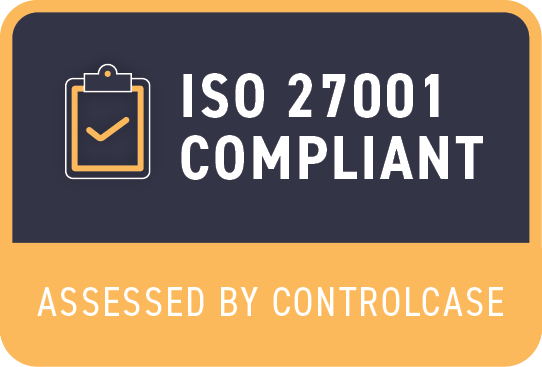The following SC&H blog post exposes the facts behind two common contract compliance audit myths, arming senior executives with the information necessary to make sound audit investments.
A contract compliance audit is a powerful executive tool. With today’s rising competitive and cost-cutting pressures, a well-executed audit can help you to:
- Increase supplier transparency
- Improve communication and processes
- Strengthen internal controls
- Recover overpayments
However, if you’re like many senior executives, you may be wary of implementing contract compliance audits, held back by misconceptions regarding their effect on suppliers.
No more. In this first part of a four-part series, we are dispelling two of today’s most common contract compliance audit myths regarding suppliers: that audits negatively impact supplier relationships and operations.
Myth: Auditing a Supplier Will Negatively Impact the Relationship
Although the U.S. economy has steadily improved since the global recession, most businesses have continued their commitment to cost-reduction initiatives. In fact, 63 percent of companies initiated a cost-reduction program from 2012 to 2014, according to an Alix Partners global executive survey.
Since contract compliance audits typically increase efficiency and recover 2-4 percent of the transaction value audited, they would seem to be an obvious component of cost-reduction goals. However, some executives worry that the audits will negatively impact their valued supplier partnerships.
Fact: Contract compliance audits increase transparency and foster communication, which in turn enhances trust and strengthens relationships.
All parties to a contract have a stake in its success. By ensuring that the company’s requirements and goals are fully aligned with the supplier’s expectations, audits improve mutual understanding, minimize mistakes, and support the successful delivery of products and services. The company gains assurance that the specified terms are being monitored, tracked, and followed. Meanwhile, the supplier confirms its ongoing compliance with the contract terms, which can further support its relationship with the company.
Myth: An Audit Will Negatively Impact Operations
As a result of onsite visits and other requests and activities, some executives fear that contract compliance audits may potentially delay delivery of goods and services or impact timelines.
Fact: When a contract compliance audit is performed by an experienced auditor, there is no interruption to day-to-day operations.
Auditors with deep contract compliance knowledge are skilled at maintaining order and minimizing disruption. During audit planning, they develop and communicate a clear process and timeline. Further, they usually limit the involvement of key operational personnel, instead leveraging support from the supplier’s back-office finance department.
Want more? Stay tuned for part two of this four-part series, where we will examine two more of today’s top contract compliance audit myths. Or, to read the full list of audit myths, check out our recent white paper, The Truth About Contract Compliance Audits: Dispelling the Myths.
While you’re at it, download another popular SC&H white paper, The Top Ten Indicators That It’s Time for a Contract Compliance Audit. If you’d like to speak with our contract compliance specialists about how audits can help your organization, please contact us here.





